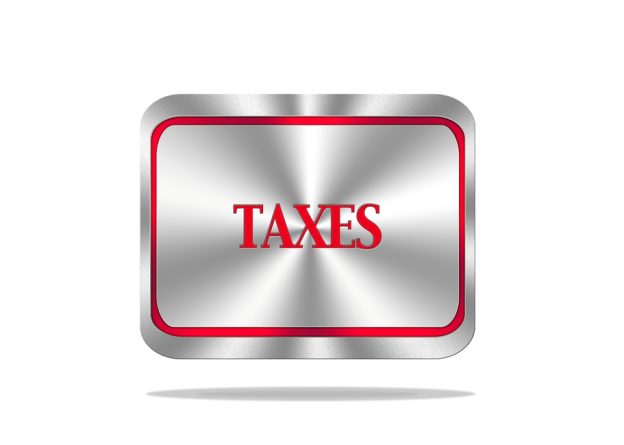
HM Revenue and Customs (HMRC) has warned UK taxpayers of scams leading up to the January 2025 self-assessment deadline.
The caution is issued as countless individuals get ready to file their self-assessment tax returns by midnight on the January 31 2025 cutoff.
In the past year, HMRC received around 150,000 reports from worried individuals regarding tax related scams.
The warning comes with the latest data which shows that there’s has been a rise of 16.7% in scam reports, with a total of 144,298 incidents reported from November 2023 to October 2024.
Scammers are actively preying on people who are filling out their tax returns by offering fake HMRC tax refund deals and requesting payments in order to acquire personal and banking details.
Kelly Paterson, Chief Security Officer at HMRC, said:
“With millions of people filing their Self Assessment return before January’s deadline, we’re warning everyone to be wary of emails promising tax refunds.
Being vigilant helps you spot potential scams. And reporting anything suspicious helps us stop criminal activity and to protect you and others who could have received similar bogus communication.
Our advice remains unchanged. Don’t rush into anything, take your time and check ‘HMRC scams advice’ on GOV.UK.”
According to HMRC, around 50% (71,832) of reported scams in the previous year were related to false claims for tax rebates.
The message from HMRC is clear and important to remember “HMRC will not contact you by email, text, or phone to announce a refund or ask you to request one.”
How do I know if I have been targeted by a self assessment tax scam?
If you receive suspicious tax or HMRC related communication some of the basic warning signs that HMRC asks you to look out for includes:
- You are being asked for personal details for example bank or building society details.
- You are being offered a tax rebate.
- You are being asked to transfer money.
- You are being threatened or rushed into making.
HMRC provides more detailed information on how to identify tax scams which can be sent via email, WhatsApp, text (SMS) and by phone calls.
How to report a tax scam to HMRC
HMRC has set up various reporting channels for individuals who come across any suspicious communications.
- If you receive an email that appears to be a phishing attempt, please forward it to the email address [email protected].
- If you receive any suspicious text messages claiming to be from HMRC, you can report them by simply forwarding them to the number 60599.
- It is important to report any fraudulent phone calls related to tax directly to HMRC using the official gov.uk website found here: https://www.gov.uk/report-tax-fraud
The use of these reporting methods assists HMRC in monitoring and fighting against fraudulent activities aimed at UK taxpayers.
HMRC reference: https://www.gov.uk/government/news/scams-warning-as-self-assessment-deadline-loom







